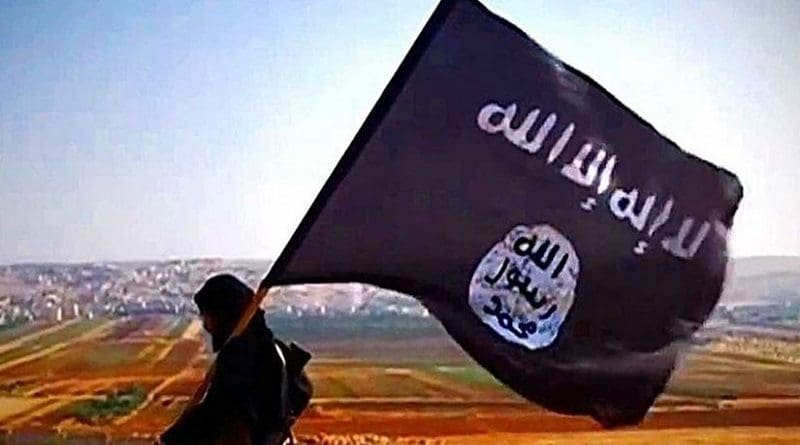Fears US Pullout Of Syria Will Aid Islamic State
By Arab News
By Menekse Tokyay
President Donald Trump’s decision to withdraw US troops from Syria could result in a deadly resurgence of the terror group Daesh, allies fear.
However, Russian President Vladimir Putin welcomed Trump’s announcement, saying a US military presence there was no longer needed.
Trump’s claim to have defeated Daesh on Thursday prompted an angry response from the Kurdish-led Syrian Democratic Forces (SDF), the main US ally in the Syria conflict.
In a strongly worded statement, the SDF said a premature US pullout would have dangerous repercussions, including a resurgence of Daesh and a destabilizing effect on the entire region.
“The war against terrorism has not ended and (Daesh) has not been defeated,” the statement said. It added that the fight against Daesh was at a “decisive” stage that required even more support from the US-led coalition.
Trump’s decision has rattled Washington’s Kurdish allies, who are its most reliable partner in Syria and among the most effective ground forces battling Daesh.
With US air support, the Kurds drove Daesh from much of northern and eastern Syria in a costly four-year campaign.
“The decision to pull out under these circumstances will lead to a state of instability and create a political and military void in the region and leave its people between the claws of enemy forces,” the SDF statement said.
Among responses reportedly being looked into by Kurdish officials and commanders is the release of thousands of Daesh militants and their families being detained in SDF-run prisons and camps.
Arin Sheikhmos, a Kurdish journalist and commentator, told AP: “We have every right to be afraid.” He predicted that a US military withdrawal would result in massacres and millions of refugees.
The US announcement came at a particularly tense moment in northern Syria. Turkish President Recep Tayyip Erdogan has repeatedly threatened to launch a new offensive against the Kurds, but in recent days he has stepped up the rhetoric, saying an assault could begin “at any moment.”
The US pullout is expected to be completed within 60 to 100 days. But Nicholas Danforth, a senior policy analyst at the Bipartisan Policy Center’s National Security Project, expressed caution about tying the decision too closely to recent developments in US-Turkish relations.
“Washington’s inability to develop and follow a coherent long-term plan in Syria has denied it the potential benefits of both leaving sooner and staying longer,” he told Arab News.
The US military said any claims of a change in American policy in Syria were “false” and “designed to sow confusion and chaos.”
Gen. Joseph Dunford, chairman of the Joint Chiefs of Staff, recently said the US is planning to train thousands of Syrian local fighters to maintain stability in areas captured from Daesh.
Sinan Ulgen, a former Turkish diplomat who chairs the Istanbul-based Center for Economics and Foreign Policy, described Trump’s decision as unexpected but not surprising.
Experts say it will have consequences for regional dynamics too, with Syrian President Bashar Assad gaining more territory and Russia increasing its regional clout by filling the vacuum. It may also trigger a Turkish offensive in northern Syria against Kurdish forces.
“It will force the Democratic Union Party (PYD), the main Kurdish party in Syria, to accelerate its dialogue with Damascus and possibly allow Damascus to re-establish territorial control over the Kurdish-held region,” Ulgen said.
Ankara seemed to welcome Trump’s decision, but remains cautious about its repercussions on the ground.
“The decision weakens the PYD, so Ankara can now control the timing of its diplomatic and military activities,” said Ulgen.
“A military operation can now be done with more ease and less risk given that there won’t be an issue of getting into confrontation with US troops. But Ankara may also decide to allow the regime to establish its control over this territory.”
That way, Ulgen said, Ankara would have a formal counterpart that would undertake commitments to ensure that the region does not present a security threat to Turkey.
“That would require a scenario where Turkey would decide to establish formal relations with Assad and his regime, as declared recently by Foreign Minister (Mevlut) Cavusoglu,” Ulgen added.
Over the weekend, Cavusoglu said Ankara would consider working with Assad if he wins a free and fair election.

